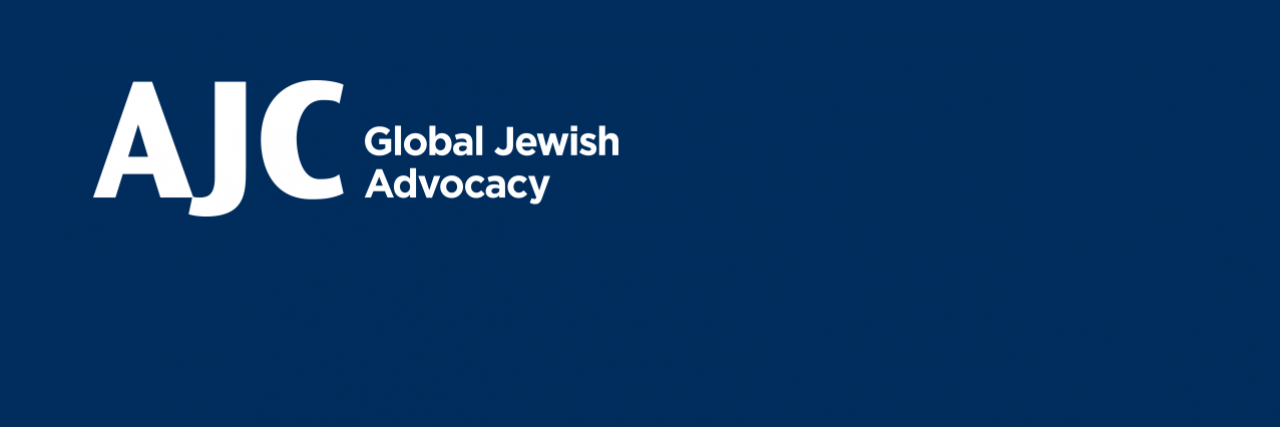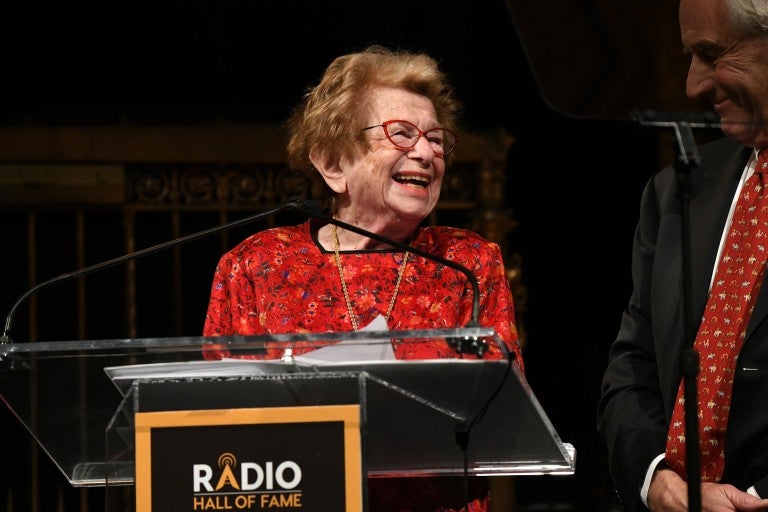December 23, 2019 — New York
In the context of a growing regional focus on interfaith understanding and increasingly open contact between key Arab states and Israel, an AJC leadership delegation concluded eight days of consultations with senior government officials, policy analysts, business executives, U.S. diplomats, journalists and other interlocutors in three Arabian Gulf states. The group’s talks carried forward a 25-year-plus history of AJC visits to and exchanges with Gulf governments and civil society.
The 15-member delegation celebrated Shabbat in Dubai with members of the Jewish community of the Emirates – a community that AJC helped establish over the last 20 years, and that achieved official recognition this year. One year ago, UAE officials designated 2019 as The Year of Tolerance, and recently announced plans to build an “Abrahamic Family House” complex in Abu Dhabi that will include a mosque, a church, and a synagogue, along with educational and museum space.
Interfaith and international cooperation themes were woven throughout the delegation’s program. Highlights included meetings in Oman with the Minister of Awqaf and Religious Affairs, in the UAE with the Ministers of Tolerance, of Culture and Knowledge Development, and of Foreign Affairs and International Cooperation, and in Bahrain with the Minister of Interior and the Undersecretary of Foreign Affairs. In Bahrain, the group gathered with members of that country’s small, indigenous Jewish community, which dates to the 19th century.
“This year’s AJC leadership mission to the Gulf coincided with, and helped advance, an accelerated commitment among government and civil society leaders in key states to interfaith understanding and to regional cooperation against common threats,” said Jason Isaacson, AJC’s Chief Policy and Political Affairs Officer, who led the delegation. “In meeting after meeting, the message we received was one of solidarity against extremism, a recognition of the necessity of interreligious dialogue and partnership, a yearning for regional peace, and a desire for alliance with like-minded states.”
The AJC Gulf tour took place just over a year after a visit to Oman by Israeli Prime Minister Benjamin Netanyahu, and more than a year’s worth of periodic visits to international conferences and sporting events in the region by Israeli government ministers. It coincided with a visit to the UAE by a senior Israeli foreign ministry official to sign documents confirming Israel’s participation in Expo 2020 Dubai.
“While certain tensions remain, AJC comes away from its latest consultations in the Gulf encouraged more than at any time in the past by signs of openness toward Israel,” said Isaacson, “and appreciative of steps underway to foster mutual respect among religions and to recognize Jews’ historic place in the Middle East. We also come away convinced of the urgency of maintaining America’s robust diplomatic, strategic, economic, and cultural engagement in the region.”
The U.S. ambassadors to Bahrain and the UAE, the U.S. chargé d’affaires in Oman, and the U.S. consul general in Dubai briefed the AJC delegates. In addition to roundtables in think tanks and counter-terrorism centers, in which Iranian aggression and pushback against extremist recruitment were dominant topics, the group discussed regional water-use issues at the Middle East Desalination Research Center in Muscat, a multilateral project launched in association with the Israeli-Palestinian peace process.
AJC leaders from six states participated in the Gulf mission. Lay co-chairs were Jeffrey E. Stone of Chicago, AJC International Relations Commission chair, and Ned Dubilo, Executive Council member.
As it does continuously with leaders in Europe, Asia, Latin America, and Africa, AJC engages in ongoing dialogue with key figures in Middle Eastern and North African states on ways to advance regional and global peace, security and stability, defeat extremist and other threats, and affirm U.S. leadership to advance American and allied interests and values.

